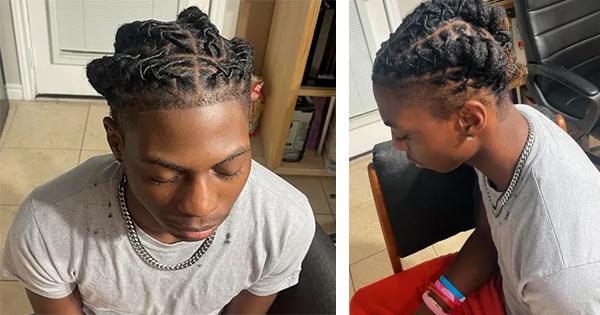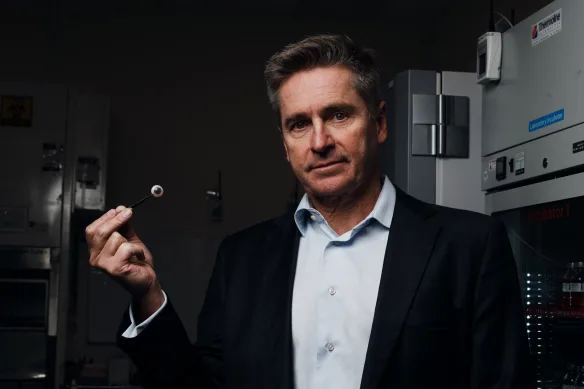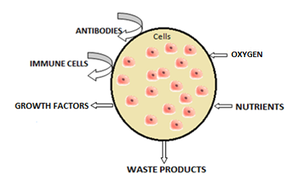At the Max Planck Institute for Medical Research in Heidel, Germany, are developing nanotech inside your body to help or replace the cells ‘natural machinery’. The cells carry proteins and these proteins can help break down foods or enable our immune system to fight back against the germs. Sometimes, cells do not work properly and will leave your body defenseless against things like diseases. This is the reason why scientists are trying to figure out how they can fix the proteins and maybe build synthetic replacement parts.
There’s a problem with this. Making synthetic proteins is very hard. You need a lot of starting ingredients. The building blocks of cells use amino acids. Amino acids come in 21 different types and to get the working protein you need the right combination of amino acids. Another problem is that proteins are fragile and breaking one is costly. There is a workaround to this, you can make a nanomachine that substitutes the protein and acts like it. The nanotech is as expensive and less costly if you break it.
The synthetic protein has to act like a system. The working of the cells and proteins are the wiring of a house, For example, the blob-shaped protein rhodopsin spreads apart when exposed to light and sends signals to the brain of what it is seeing. The eye might develop retinitis pigmentosa if the cells don’t develop it properly.
We have mind-controlled prosthetic limbs and vision-restoring glass eyes but each time something is replaced it comes at a risk. It can damage the body’s signaling. The electrodes may damage delicate and soft tissue.










































